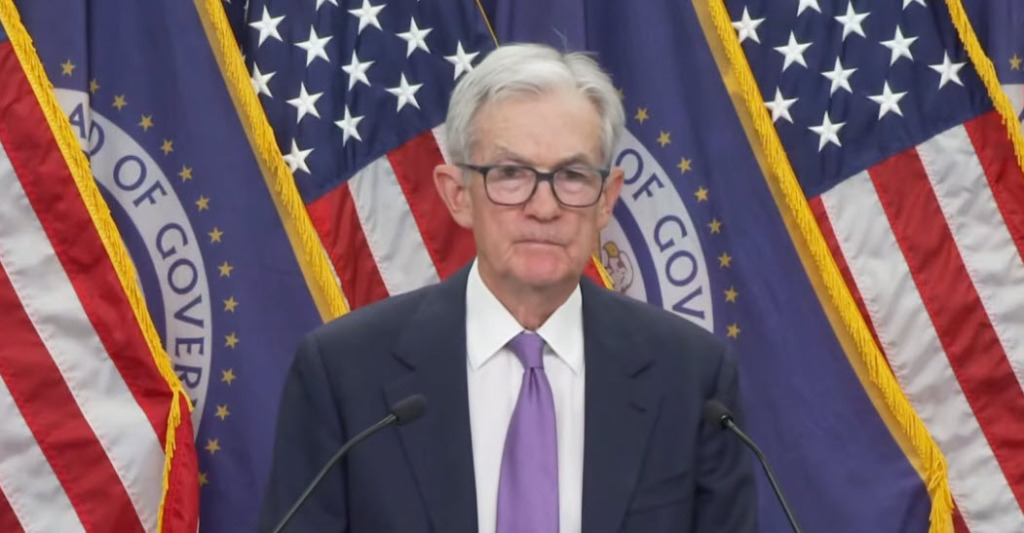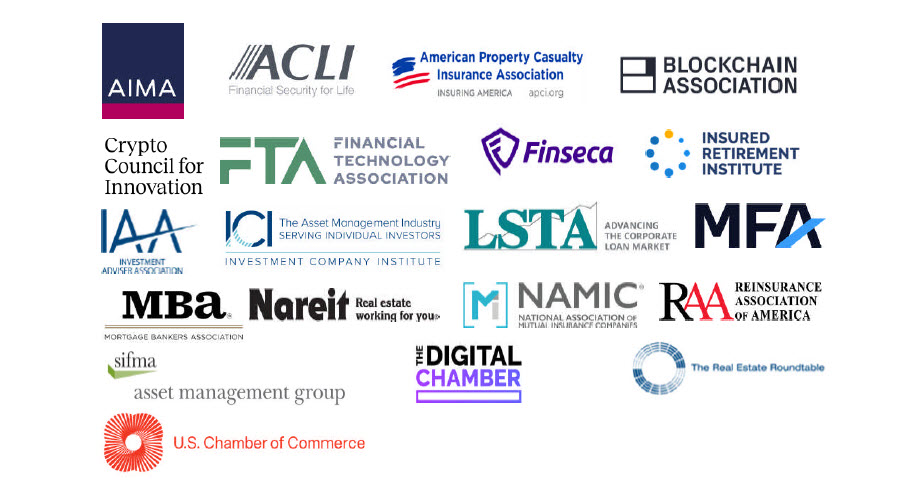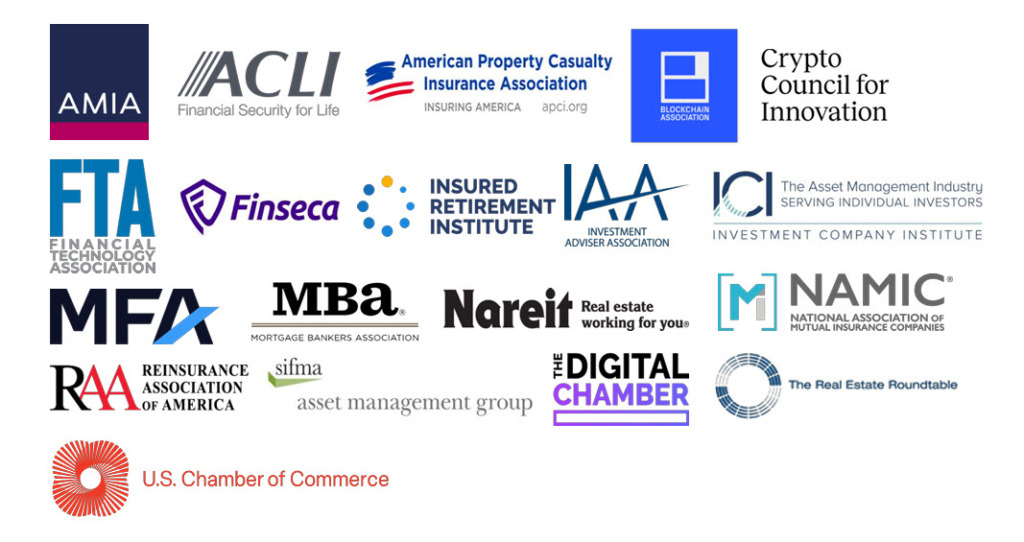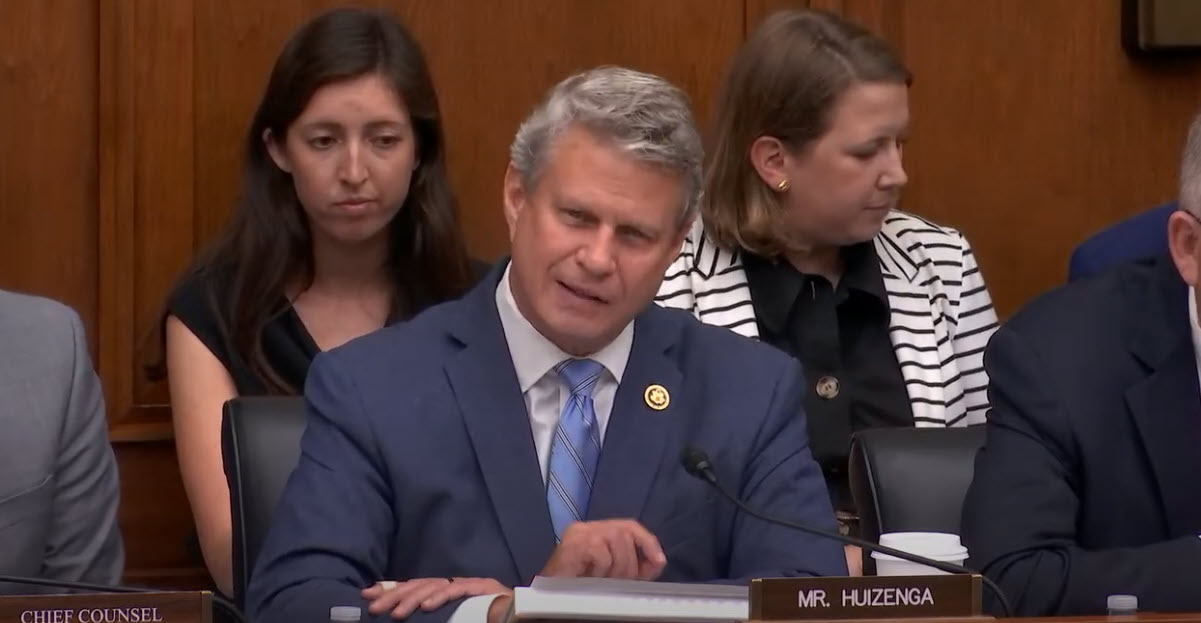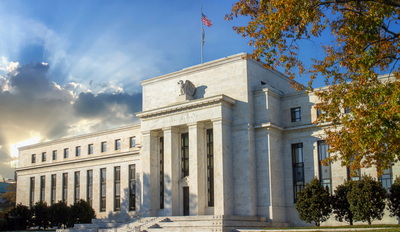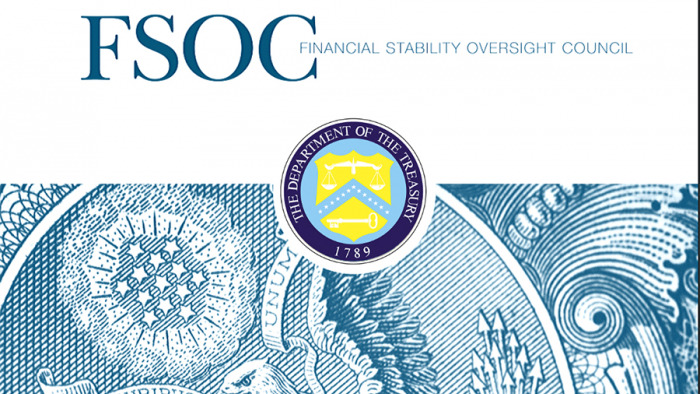
The House passed six bipartisan bills from the House Financial Services Committee (HFSC) this week, including the Real Estate Roundtable (RER)-backed Financial Stability Oversight Council (FSOC) Improvement Act of 2025. (H.R. 3682). (Press Release, Feb 9)
FSOC Improvement Act of 2025
- The House passed the bill unanimously by voice vote after the HFSC approved H.R. 3682 during its Sept. 16, 2025, markup.
- The bill would reform FSOC by strengthening transparency, accountability, and procedural safeguards in its decision-making process. It is intended to bolster due-process protections, improve interagency coordination, and ensure designations are based on rigorous analysis.
- The bill would require FSOC to consult with a company and its primary regulator before designating a nonbank as a Systemically Important Financial Institution (SIFI). (Letter, Oct. 28)
RER Advocacy
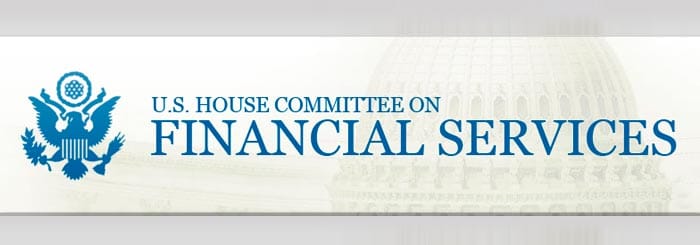
- RER and coalition partners sent a letter of support for H.R.3682 in October 2025, emphasizing an activities-based approach to systemic risk, transparent cost-benefit analysis, and clear procedural guardrails to improve predictability and interagency coordination. (Roundtable Weekly, Oct. 31)
- The October letter built on a July 2025 coalition letter urging FSOC to rescind its 2023 interpretive guidance and reinstate its 2019 framework, citing due-process protections and stronger coordination with primary regulators. (Roundtable Weekly, July 18)
- RER has consistently urged regulators to focus on systemic-risk activities—not broad entity designations that can fuel regulatory overreach and create unintended consequences for liquidity, capital formation, and credit availability.
What’s Next
The bill now moves to the Senate Banking Committee for consideration.
